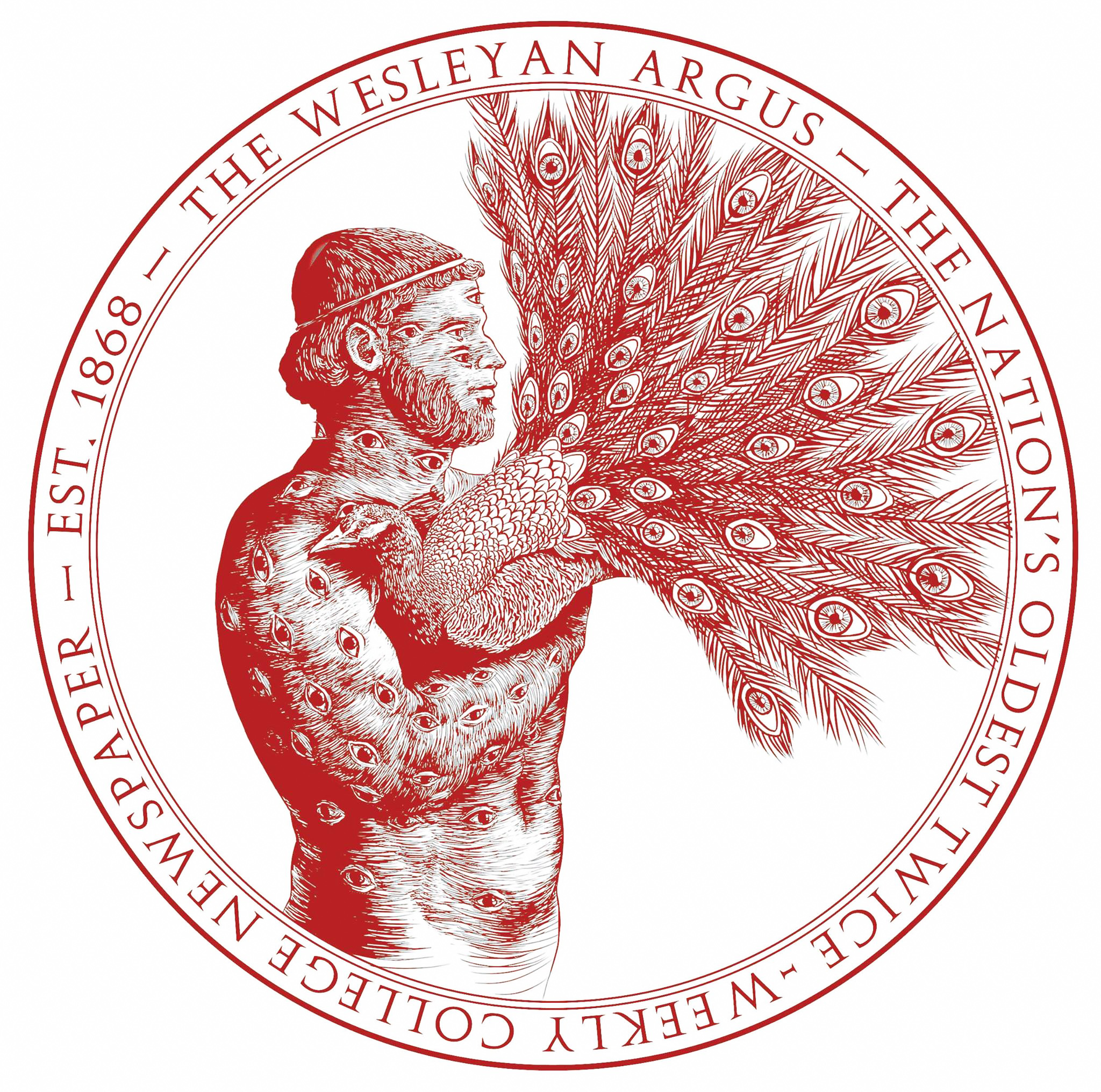The Left Didn’t Kill the Classics, Public Schools Did: A Response to “The Age of Critical Theory”
Many of you have read a recent Op-Ed, The Age of Critical Theory (it was published in The Argus a couple weeks ago). Like me, you probably had one or two (or three or four) problems with its central assumption: that the left has dismantled the classical tradition.
The author writes, “Whereas fluency in Latin and the classical writings was once a naturally acquired prerequisite to textual engagement of any sort, it would be difficult, if not impossible, to find anyone on campus who could go beyond a painful reference to the Aeneid, if that…. Virgil, Homer, Caesar, Pliny the Younger, Cicero, these of course were all old white men, the same group of people who invented colonialism, and pressed for the racial separation of society: What could one possibly learn from them besides hatred?”
Of course, the writer doesn’t come out and say the left killed the classics, but he clearly believes that the ascendancy of leftist forces in academia is the reason that we lack exposure to Aeschylus and Cecina.
It’s a flashy narrative that has fans on both the right and left. But it simply isn’t true.
If there was one cause that lead to the fall of classical education, it was the GI Bill. Matthew Roller, classics professor at Johns Hopkins University, explains why in an article by Ishai Mooreville:
“Up until the beginning of the twentieth century, the study of classics was considered the core of an education at colleges everywhere in the world.”
Mooreville continues, “At the majority of liberal arts institutions classical study was required at most colleges for graduation. As college education became available in the middle of the twentieth century to a wider population and not just the upper class, the nature of higher education began to change radically. More students began to enter colleges from public schools—where the teaching of Latin was less frequent and the teach of Greek all but nonexistent—instead of private or prep schools.”
Therefore, the decline in Latin and Greek fluency did not result from—and in fact predated—the “politicization” of the American Universities during the 1960s to 1990s. Actually, it was a practical decision made to compensate for the introduction of a fundamentally good program: the expansion of college admissions to (a few) students outside the elite.
The second reason why a classical education is now less common: it’s no longer as essential as it once was. As Stephen Greenblatt and Joseph Leo Koerner argue in an article for the New York Review, education in ancient languages was a relic of a time when “virtually all advanced learning, from theology and law to physics and medicine, was conducted in Latin.” Today, “the technical terms for flowers and diseases are…the last wispy traces of this bygone world.”
We should also ask ourselves if the classics were ever the force for social cohesion, as we often think they were. The writer claims that classics “provide communally shared knowledge, the opportunity for people of all backgrounds to become social actors.” But of course—and this is such an obvious rebuttal that I am almost sorry for making it—no one ever had access to this “shared knowledge” except the top two percent of the American population: rich students in private schools in Boston and New York.
This is not to say, of course, that the classics do not play a role in our collective subconscious (or that they are “dead” or even dying—the title of this article is of course, hyperbole), but the idea that Latin and Greek once formed a lingua franca that enabled citizens of all backgrounds to participate in the public sphere is simply false. In the United States, at least, the classics were never more than a common text among the elites in Boston and New York. Therefore, that not all of us know them should hardly be seen as a great danger.
Hopefully this article dispels some misconceptions. Enrollment in classics courses decreased during the middle of the 20th century because more students from public schools started attending universities. Colleges made classics education non-mandatory because, by the end of the 19th century, it had become non-essential. And in the end, we have to do away with the myth that the classics were ever a universally known set of texts in the United States to begin with. Unquestionably, there is more that contributes to the current state of classical studies than the reasons I lay out in this article. And I want to emphasize that just because classics departments are smaller today than they used to be does not mean that the discipline is dead or in decline; classics professors, at Wesleyan and at universities across the world, continue to perform vital and important work. I only hope I have proved that a secret leftist plot isn’t the reason we aren’t all going around quoting Horace.
Trent Babington is a member of the class of 2021. Trent can be reached at tbabington@wesleyan.edu or on Twitter @TrentBabington.








Two things can both be true. No doubt the classics are not seen to be as crucial to the average university-educated man as they once were. But at the same time the incursion of critical theory has sapped the classics of any value they might have had for anyone. When ancient texts are studied not for their wisdom but for what they say about race, gender, and sexual preference in the ancient world, well, who cares to spend time on something so pedestrian as that?
Public education is an invention of the left.
Public education doesn’t teach the classics.
The left killed classics.
Yes, the elites of old were the only ones learned in the classics. They were also the only ones charged with governance. The left democratized governance but didn’t democratize classics education, ergo;
The left killed classics.
It is not for jargon and lingo that a classics education is important – it is for understanding the historical context of the society in which we live – and for understanding its founding precepts. Many of these precepts – of limited government, of liberties other than fiscal, of free press and speech – are not conducive to many leftist aims. And so, for this reason;
The left killed classics.